Category Archives: Others
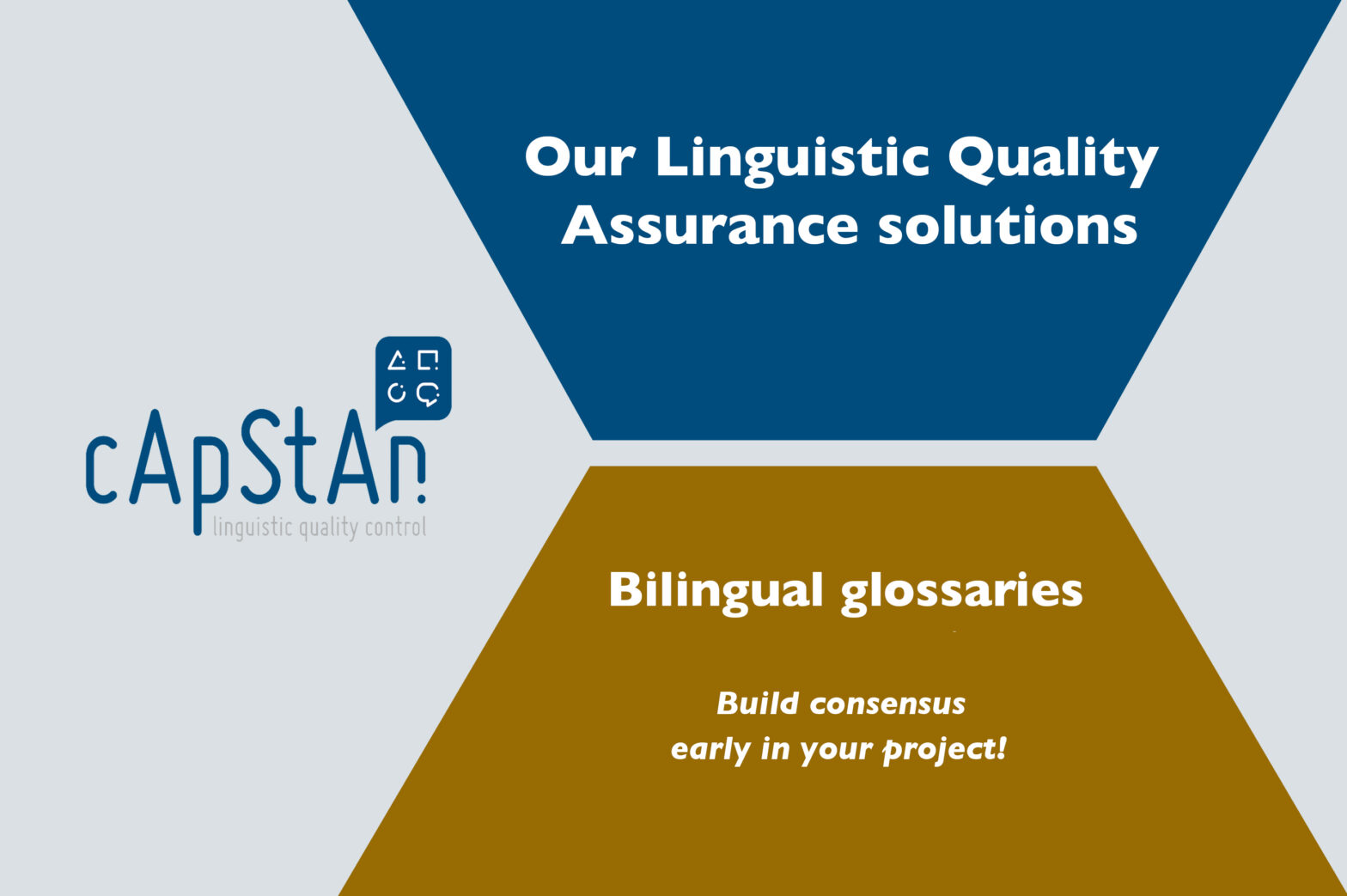
The role of glossaries in ensuring the validity and equivalence of tests/surveys across multiple languages
At cApStAn we strongly believe in the need to perform more “upstream” quality assurance work to reduce the need for “downstream” corrective action. In cApStAn’s modular approach, the creation of glossaries comes under module B, related to the preparation of a translation project. A glossary consists of a collection of terms that need to be …
Read More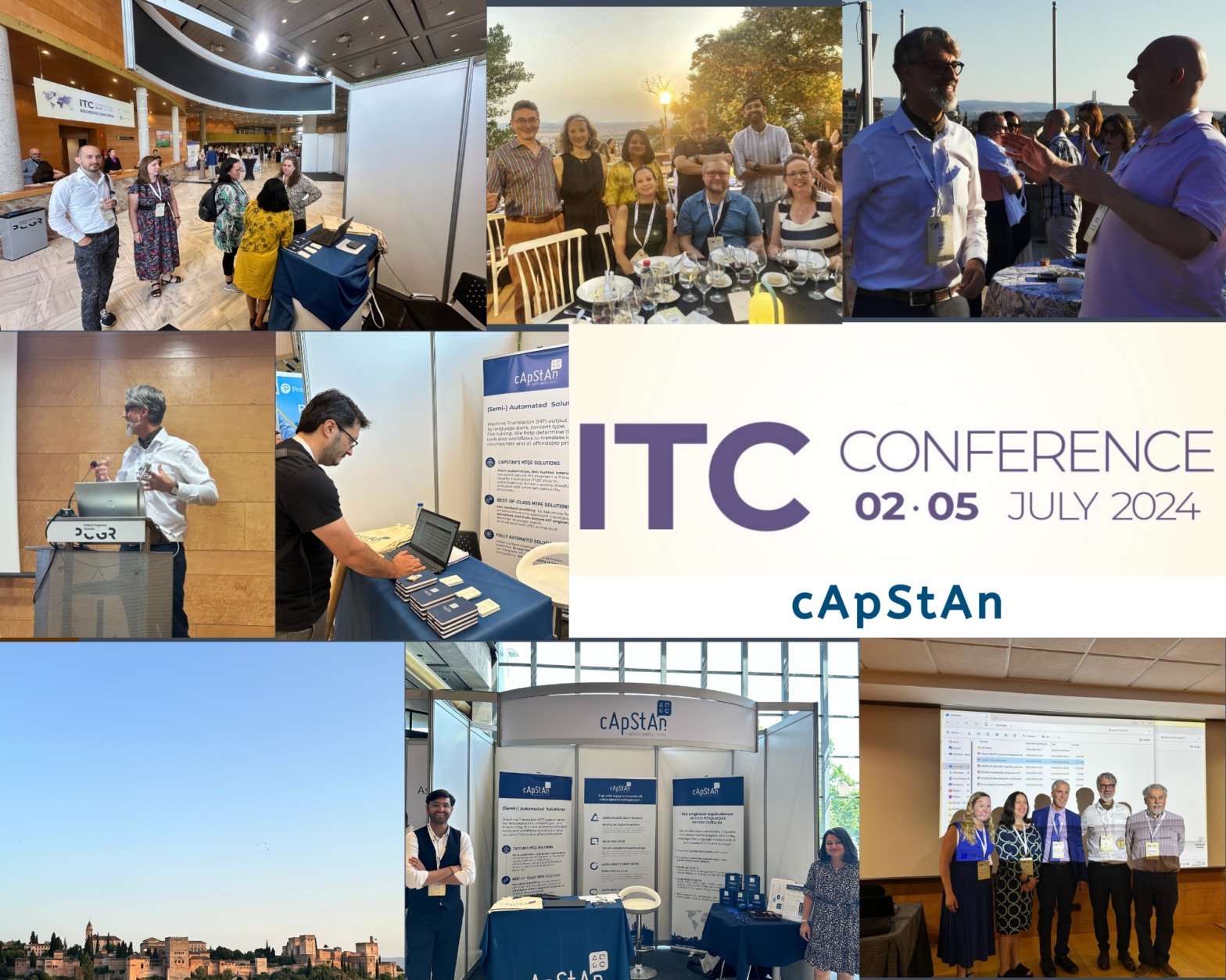
ITC Granada, the magical setting of the best conference in years | July 2024 | Spain
In the words of cApStAn’s founding partner, Steve Dept – The irrigation system in the olive groves and gardens on the hills surrounding the Alhambra in Granada, Spain, as well as the fountains, pools and baths in the Alhambra itself are a testimony to the engineering skills of Muslims in the Golden Age of Islam: …
“ITC Granada, the magical setting of the best conference in years | July 2024 | Spain”
Read More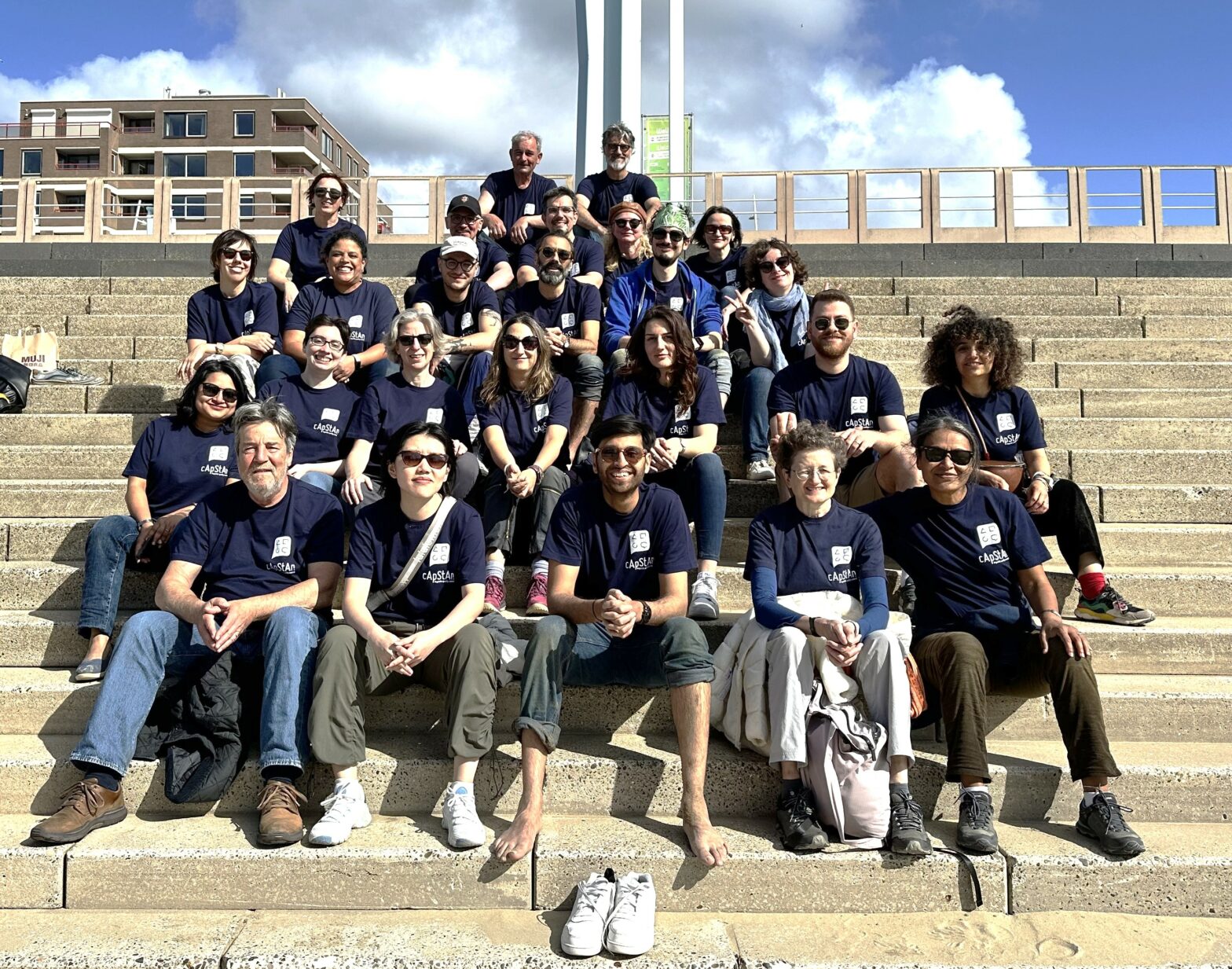
Excellence among Friends | The Hague, Netherlands | 11th – 13th June | 2024
In the words of our Managing Founder, Steve Dept: They flew in from A Coruña, from Antibes, from Budapest, from Corfu, from Dublin, from Istanbul, from Philadelphia, from Warsaw and from Zagreb to join the team already in Brussels. Twenty-five linguists, translation technologists and cApStAn teamsters. Aged 25 to 66, eighteen nationalities. We took a …
“Excellence among Friends | The Hague, Netherlands | 11th – 13th June | 2024”
Read More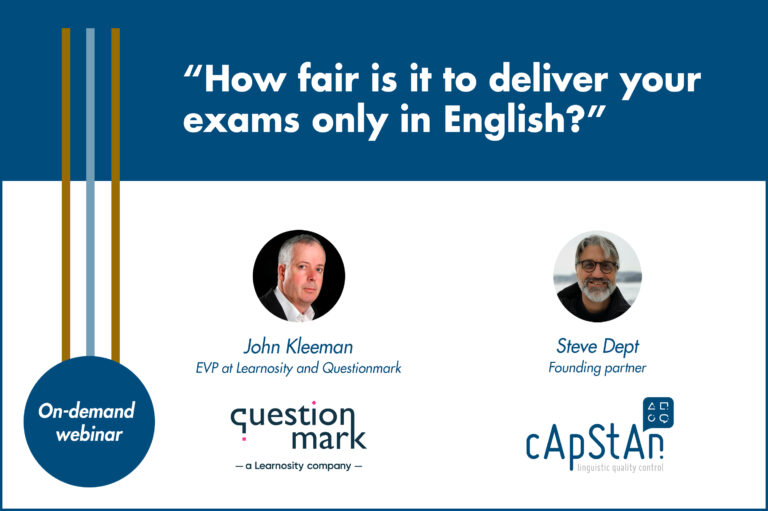
How fair is it to deliver your exams only in English?
In the 21st century, “accessibility” often includes language, but translating a test into the strongest language of all test takers may not be realistic. Nevertheless, passing or failing a test should not depend on reading proficiency. Tests and exams are a gate for life chances and—unless being proficient in the language of the test is …
“How fair is it to deliver your exams only in English?”
Read More
Research by MIT cognitive scientists sheds light on the features that make “legalese” so difficult to understand for lay people
A study by MIT scientists from the Department of Brain and Cognitive Sciences (BCS), published in September 2022 in Science Direct, has analysed thousands of legal documents using a text analysis tool that identifies repeating textual features. Their research has pinpointed several features that distinguish legal from nonlegal texts, including unnecessary jargon, passive sentence structures, …
Read More
Recent study reveals the extent to which accent bias is pervasive in British educational and work settings
A study on accent bias in Britain, titled “Speaking up”, has recently been published by the Sutton Trust, a UK charity whose work focuses on social mobility issues. The study, based on the experiences of sixth-formers, university students and professionals, reveals that 30% of university students, 29% of university applicants (mainly 17-18-year-olds), and 25% of …
Read More
Argentina’s broadening ban on gender-neutral language reignites a debate that is reverberating across the world
After banning the use of gender-inclusive language in the military, Argentina announced it would extend the measure to Argentina’s public sector as a whole. Gender-neutral language is a highly controversial issue across the world and the debate is now also becoming part of a culture war in Latin America, says the author of a recent …
Read More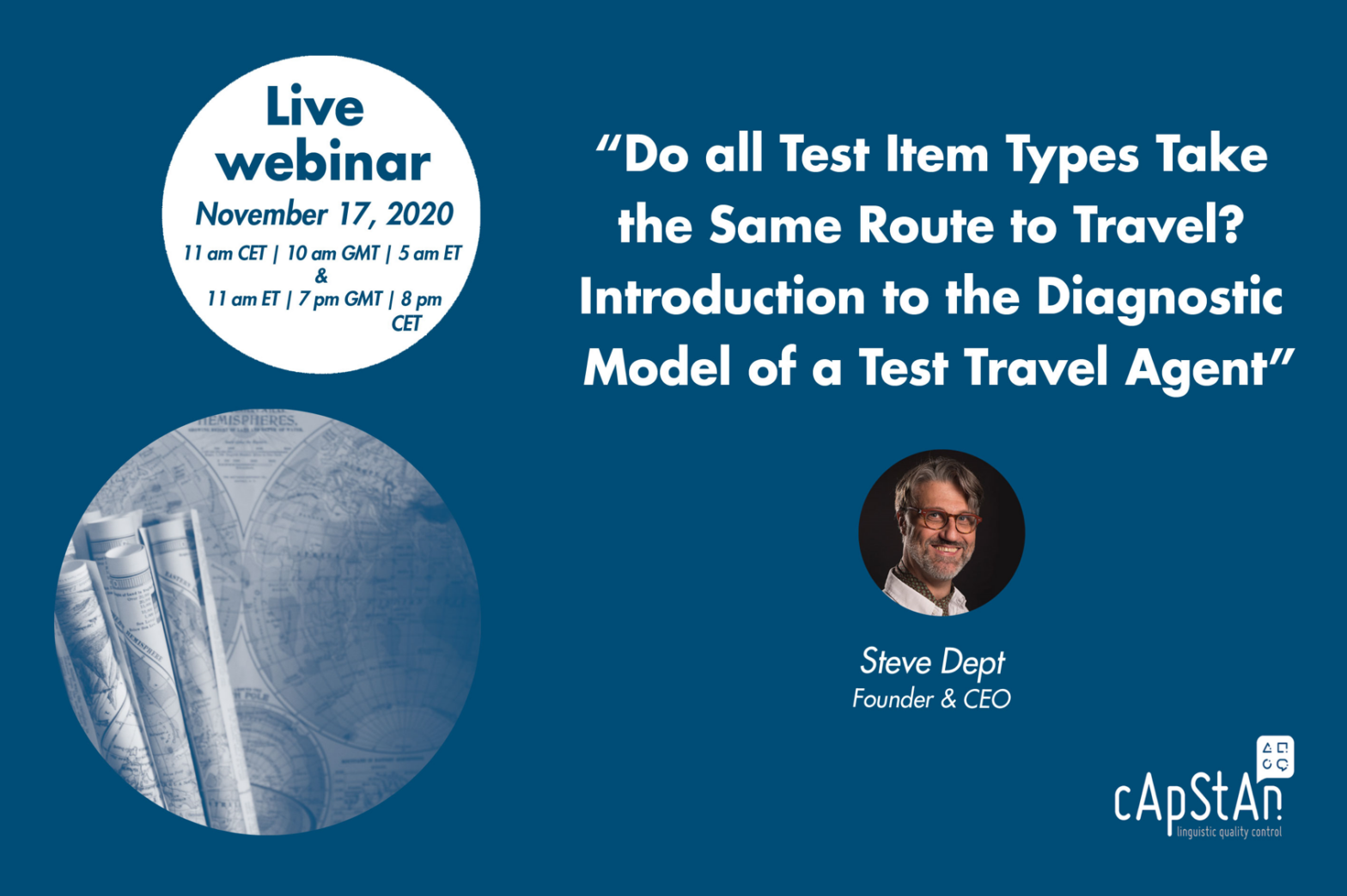
On-Demand Webinar | Do all Test Item Types Take the Same Route to Travel? Introduction to the Diagnostic Model of a Test Travel Agent
Do all Test Item Types Take the Same Route to Travel? Introduction to the Diagnostic Model of a Test Travel Agent Generally speaking, unless the aim is to test foreign language proficiency, a test should be administered in the test takers’ native language: this allows them to express their ability. Exceptions? Sure. When a language …
Read More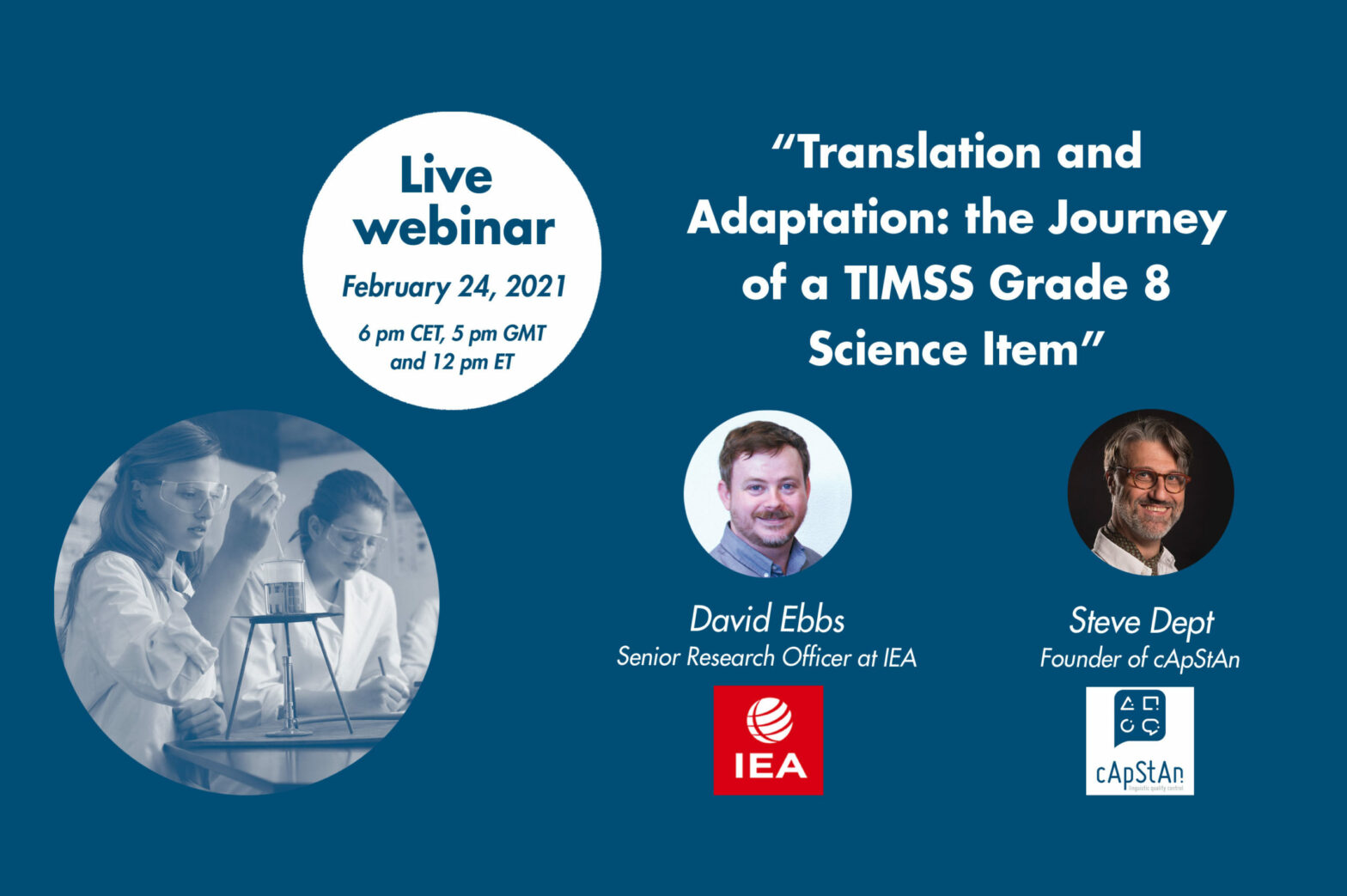
On-Demand Webinar | Translation and Adaptation: The Journey of a TIMSS Grade 8 Science Item
The International Association for the Evaluation of Educational Achievement (IEA) was founded in 1958 and has pioneered international large-scale assessments (ILSAs). IEA studies measure achievement in students worldwide. The outcomes of these studies inform education policies, and the most stringent quality assurance standards apply, from item development to data analysis. Since 2001, cApStAn Linguistic Quality …
“On-Demand Webinar | Translation and Adaptation: The Journey of a TIMSS Grade 8 Science Item”
Read More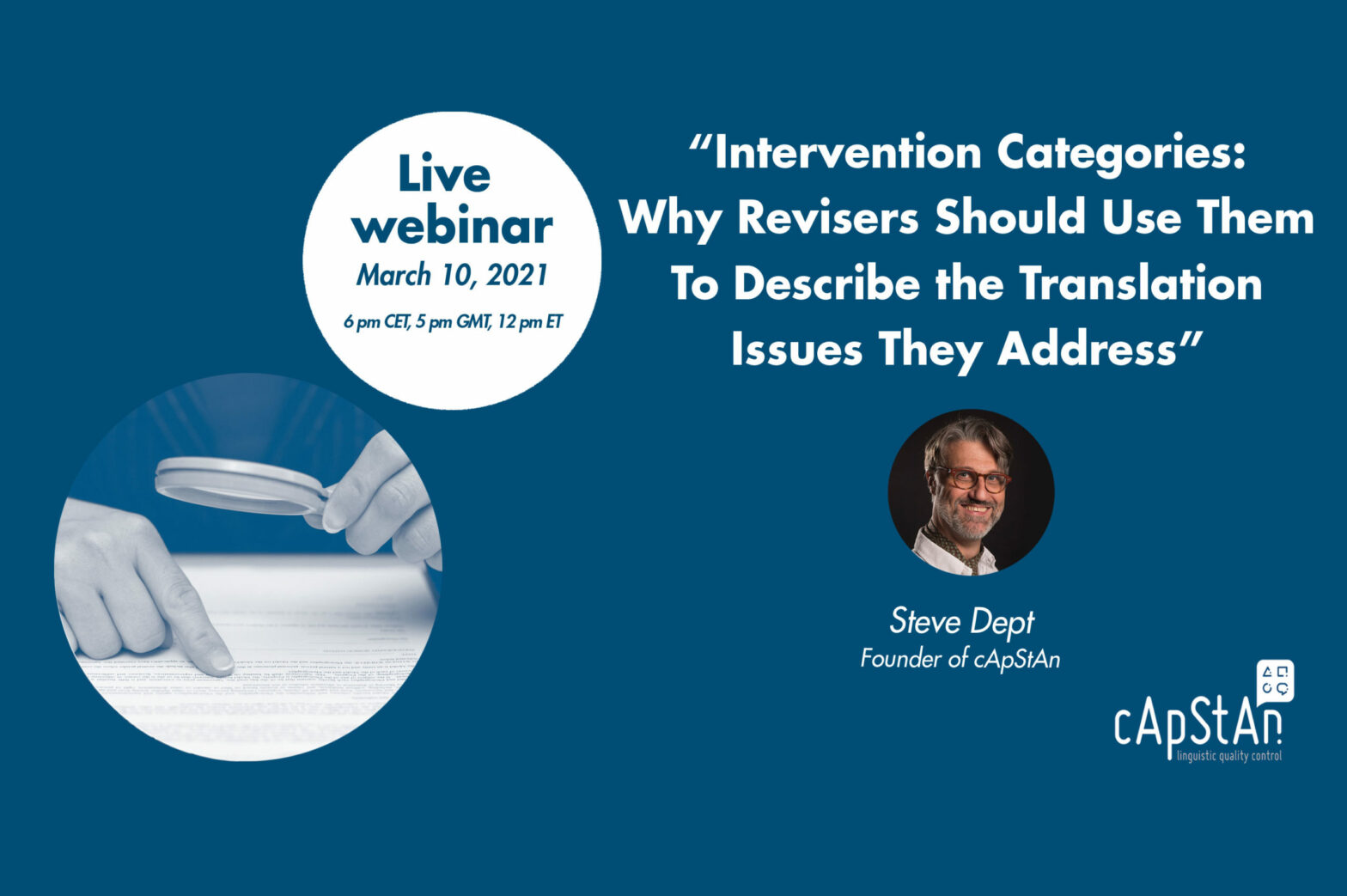
On-Demand Webinar | Intervention Categories: Why Revisers Should Use Them To Describe the Translation Issues They Address
There will always be some measure of subjectivity in translation quality evaluation, and subjectivity is what makes translation quality so hard to measure. To begin with, one can train revisers to use a taxonomy, a set of standardized intervention categories to document their work. Give them designations to choose from: added information, unintentional inconsistency, grammatical …
Read More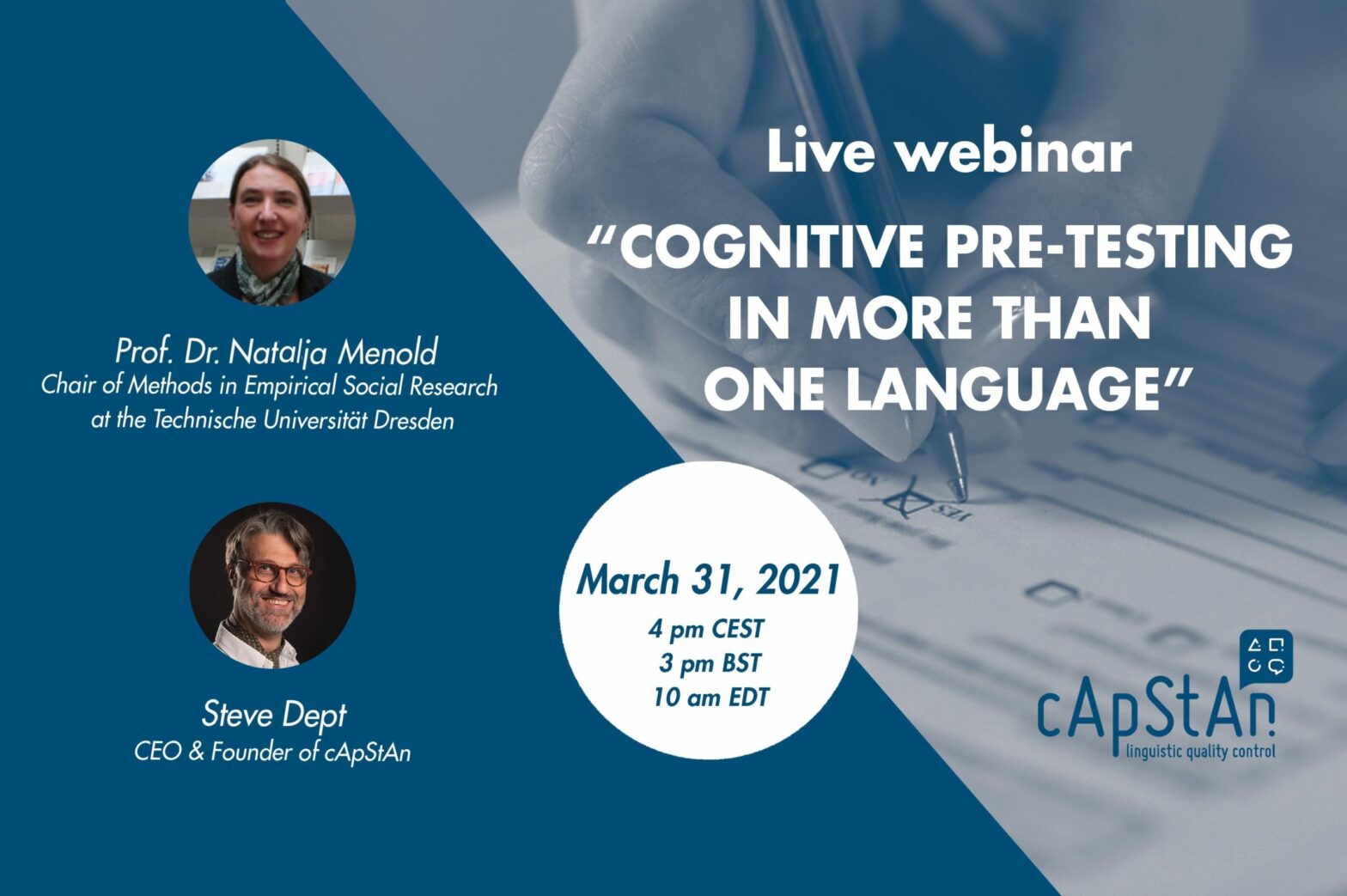
On-Demand Webinar | Cognitive Pre-Testing in More Than One Language
In multilingual surveys, survey researchers would like to ascertain that all respondents understand the survey questions the same way, i.e. the way the questions are intent to be understood. However, there is no single correct translation of a question, there are many possible choices, and translators cannot always be sure how a (correct) translation will …
“On-Demand Webinar | Cognitive Pre-Testing in More Than One Language”
Read More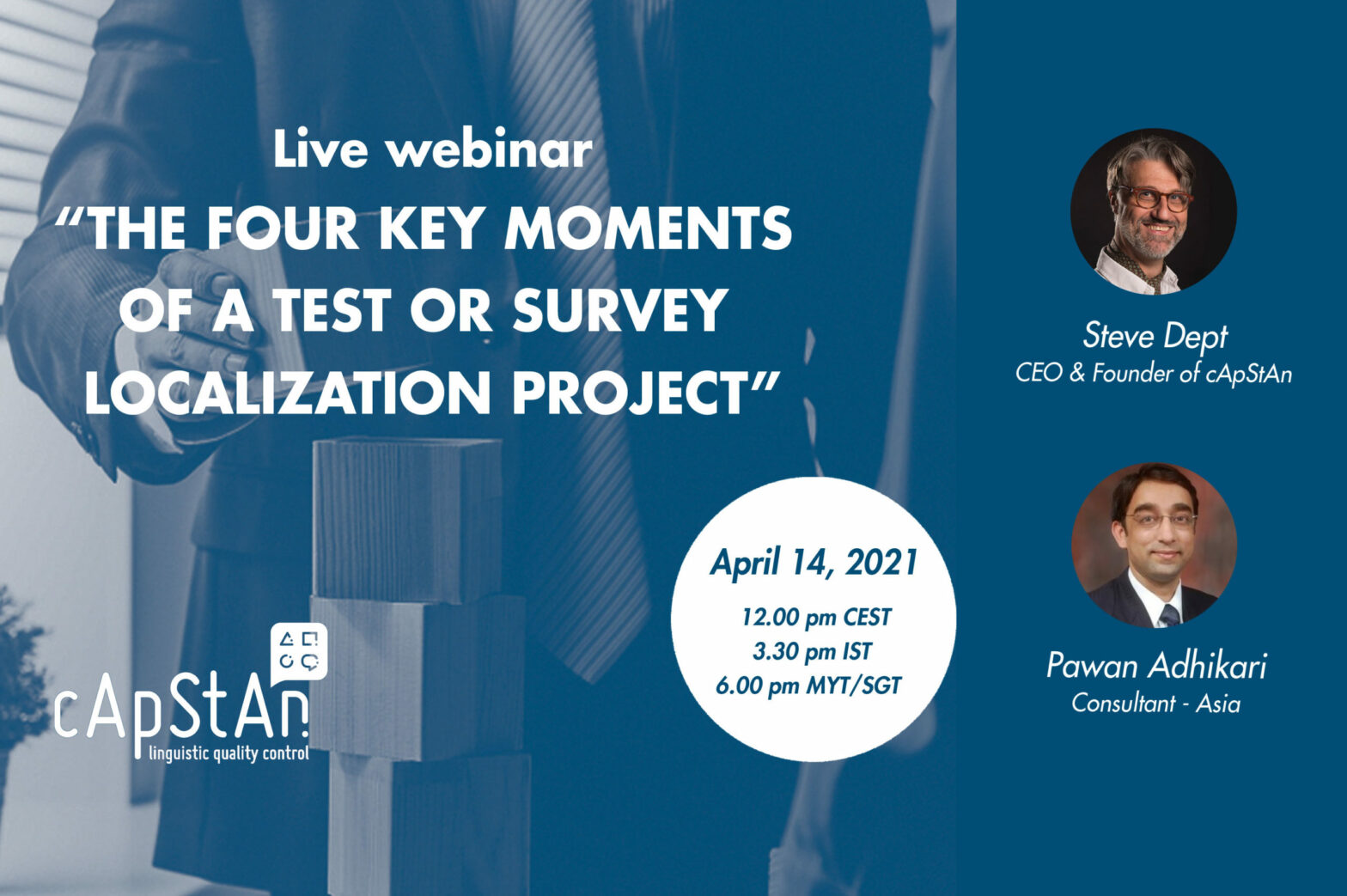
On-Demand Webinar | The Four Key Moments of a Test or Survey Localization Project
International Large-Scale Assessments (ILSAs) and surveys in multinational, multiregional and multicultural contexts (3MC) have completely overhauled translation practices. New insights in why correct translations can cause unexpected response patterns have led to new requirements. Since 2000, cApStAn have shaped, tested and streamlined new practices to meet these requirements. Their modular approach is based on collaboration …
“On-Demand Webinar | The Four Key Moments of a Test or Survey Localization Project”
Read More